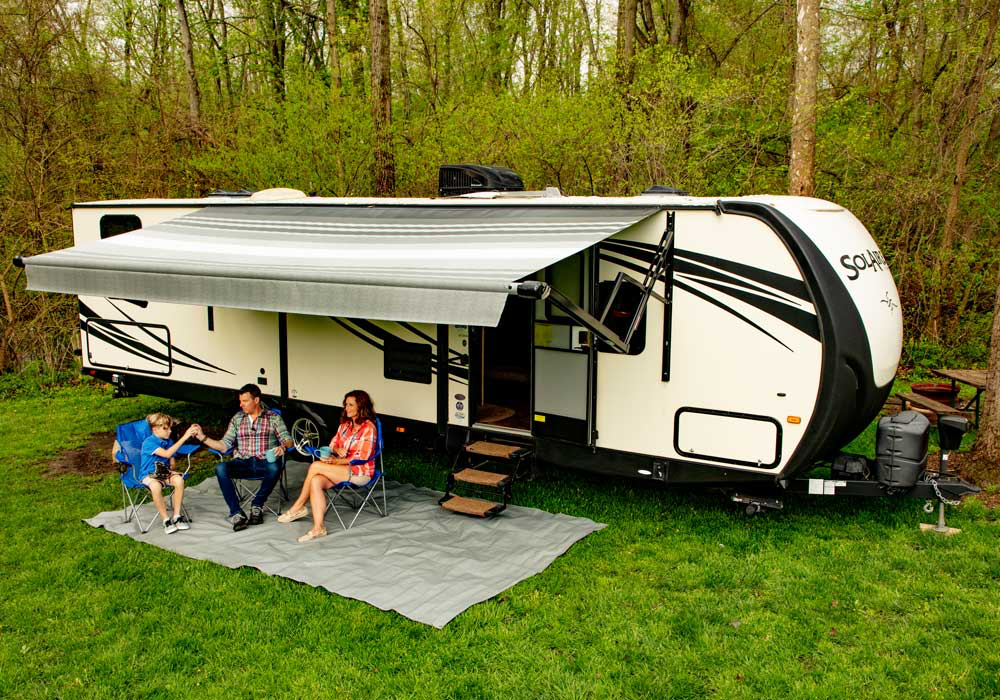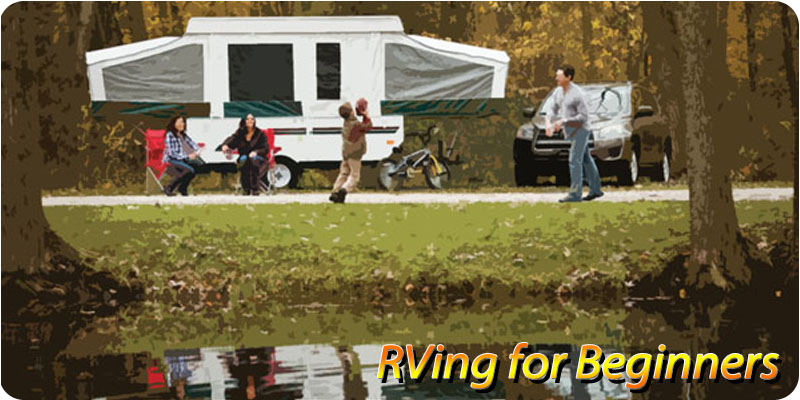So you’ve decided to take the plunge and buy your very own RV. Whether you are retiring and prepared to hit the open road or simply looking for a new way to vacation with your family, you are ready to become a pro RVer. Taking your rig out for the first time may seem a bit intimidating but here at Carefree of Colorado, we want to help you transition from novice to expert RVer in no time. We have put together the “Carefree RVing for Beginners Guide” just for you!
1. Use Checklists
Many of us use checklists when packing for a trip, but heading out on an RV trip requires a lot more than just stocking the pantry and packing clothes for the week. Consider creating several different checklists:
- Cooking/Meal Planning Checklist
- Kitchen and Bathroom Inventory Checklist
- Safety Checklist
- Prior to Departure Checklist
- Camp Setup Checklist
2. Familiarize Yourself With Your RV
One surefire way to ruin your road trip is by not clearing a bridge that you just attempted to drive under. As a driver of a recreational vehicle, you are responsible for knowing whether or not you will fit under a bridge. To err on the side of caution, measure your RV from its highest point to the ground. Write this number down and place it somewhere visible while you’re driving.
You should also know exactly where the water, electrical and sewer hookups are on your RV to make your camp setup as seamless as possible.
3. Practice RV Parking and Backing into Tight Spots
If this is truly your first time driving an RV, don’t underestimate the difficulty of maneuvering your rig. Aside from providing spectators free entertainment, you may find yourself dealing with more than just a fender-bender headache on your first road trip. For useful tips on parking, check out the
Fun Times Guide to RVing.
4. Be Familiar With Your RV Site and How to Setup Camp
Setting up camp may seem like a daunting task if it’s your first time. Don’t be afraid to ask someone at the campground if they can guide you in getting parked and leveled upon arrival. For a checklist of what to do when you arrive at your campground,
click here.
5. Don’t Forget to Budget for Your Trip
The cost of a road trip in an RV can quickly get out of hand. When planning your trip, decide how much you want to allocate on food, entertainment, camping fees and of course, gas.
6. Make Sure to Bring the First-Aid and Tool Kits
Your first-aid kit should include the basic medical supplies and your tool kit should contain basic tools as well as some extras for your RV. These include flashlights, extra batteries, extra fuses, light bulbs, jumper cables, nuts, bolts and connectors.
With these tips in tow, you are ready to set out on your first RV trip!

